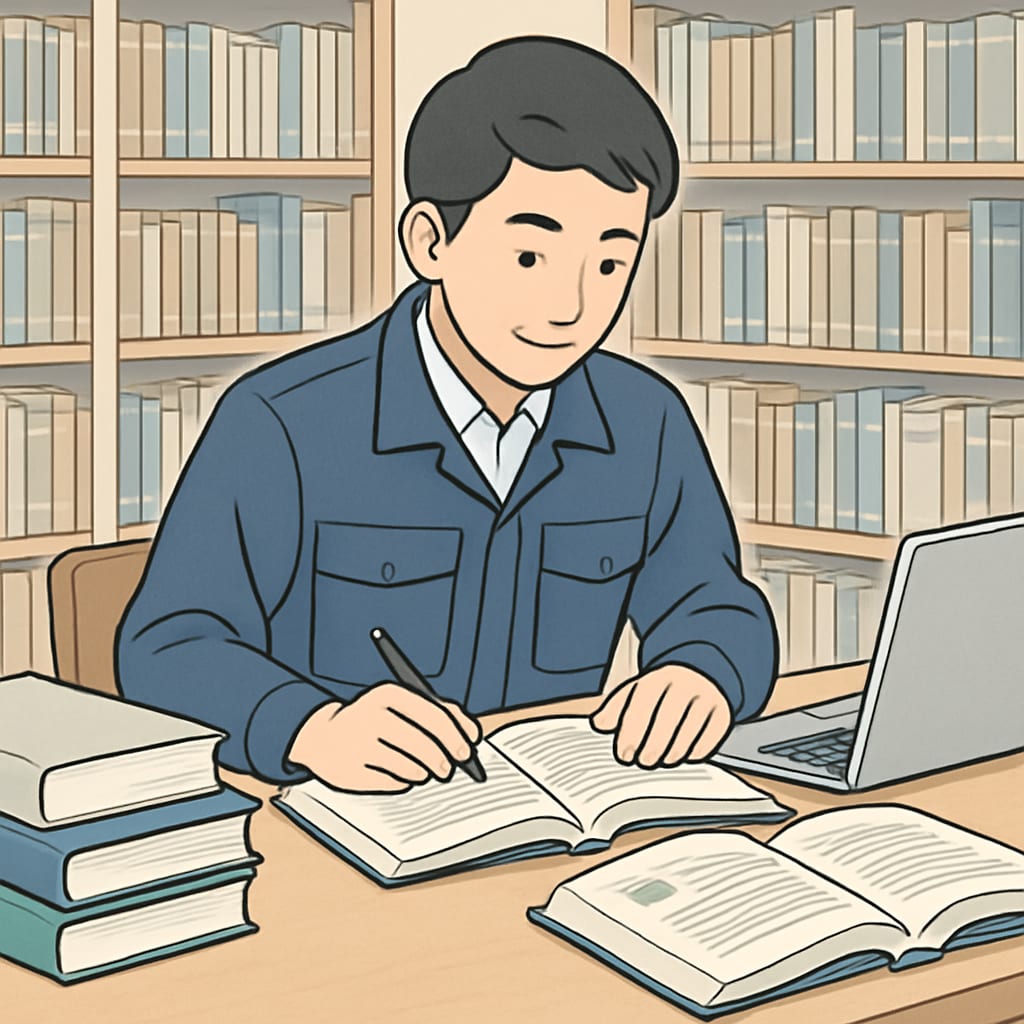Should high school students work part-time jobs? This question often sparks debate among families, as it involves balancing academic success, personal growth, and earning extra money. While part-time work can teach responsibility and financial independence, it may also interfere with studies. This article will explore the pros and cons of part-time jobs for high school students and offer practical tips for balancing work and academics.
The Benefits of Working as a High School Student
Part-time jobs can provide high school students with invaluable life experiences. Here’s how:
- Financial Independence: Earning money allows students to contribute to their own expenses, reducing the burden on parents.
- Time Management Skills: Balancing work and school teaches effective scheduling and prioritization.
- Workplace Experience: It prepares students for future professional environments, teaching them teamwork, communication, and problem-solving skills.
- Confidence Building: Successfully managing responsibilities boosts self-esteem and resilience.
For example, according to a Britannica article on education, early exposure to real-world situations can significantly foster personal development.

Potential Downsides to Part-Time Jobs
Despite the benefits, part-time work does come with challenges that families should consider:
- Academic Pressure: A job can reduce the time available for homework, studying, and extracurricular activities.
- Fatigue: Long hours may leave students too tired to focus in class.
- Stress: Managing multiple responsibilities can lead to burnout, especially during exam periods.
As a result, families need to carefully evaluate whether a job’s demands align with the student’s academic and personal goals.
Finding the Right Balance
Striking a balance between work and school is essential. Here are some tips to help students and families make informed decisions:
- Set Clear Priorities: Education should remain the primary focus. Choose jobs with flexible hours that accommodate school commitments.
- Limit Work Hours: Experts recommend working no more than 10-15 hours per week to avoid negative academic impacts.
- Communicate with Employers: Be upfront about your availability and prioritize jobs that respect your schedule.
- Monitor Stress Levels: Regularly assess the student’s mental and physical well-being to ensure balance.
For further guidance, resources like the Wikipedia page on part-time jobs can provide additional insights.

Final Thoughts
Ultimately, whether a high school student should take on a part-time job depends on their unique circumstances. While work can teach essential life skills and provide financial benefits, it should not come at the expense of academic performance or well-being. By carefully weighing the pros and cons and setting clear boundaries, students and families can make decisions that foster both personal growth and academic success.
Readability guidance: The article uses concise paragraphs, lists to summarize key points, and transitions like “however” and “in addition” to maintain flow. Active voice is prioritized, with minimal use of passive constructions.


